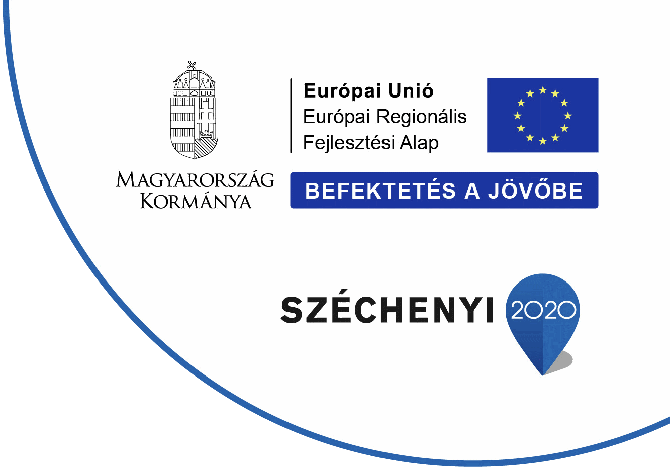Metlakatla Agreement in Principle: A Step Forward for Indigenous Self-Governance
The Metlakatla Agreement in Principle (AiP) was recently signed between the Government of Canada and the Metlakatla First Nation, marking a significant step towards self-governance for this Indigenous community in British Columbia. The agreement is a major milestone in the longstanding struggle for Indigenous rights and reconciliation in Canada.
The Metlakatla First Nation is a small Indigenous community located on the north coast of British Columbia. Like many First Nations communities in Canada, they have faced centuries of oppression, marginalization, and neglect at the hands of colonial powers. Despite these challenges, the Metlakatla people have maintained a strong connection to their land and culture, and have tirelessly fought for their rights and sovereignty.
The Metlakatla Agreement in Principle is a crucial part of this ongoing struggle. It is a framework agreement that outlines the scope and principles of a final treaty between the Metlakatla First Nation and the Government of Canada. The agreement is based on the principles of self-determination, self-government, and self-sufficiency, and aims to establish a new relationship between the Metlakatla people and the Canadian government.
One of the key elements of the agreement is the transfer of land and resources from the Canadian government to the Metlakatla First Nation. This includes traditional territories, forests, fisheries, and other natural resources that are critical to the economic and cultural survival of the community. The Metlakatla people will also have greater control over their own governance, with the ability to establish their own laws, institutions, and decision-making processes.
The Metlakatla Agreement in Principle is a significant achievement for Indigenous self-governance in Canada, but it is only the beginning of a long and complex process. The final treaty negotiations will require extensive consultation, cooperation, and compromise between the Metlakatla First Nation and the Canadian government. There are many challenges and obstacles that must be overcome, including issues of land ownership, resource management, and cultural preservation.
In addition to these challenges, the Metlakatla Agreement in Principle also raises important questions about the role of Indigenous self-governance within the broader framework of Canadian society. Indigenous self-determination is a complex and multifaceted concept that encompasses many different aspects of Indigenous life, including language, culture, spirituality, law, and governance. The Metlakatla First Nation, like many Indigenous communities in Canada, has a unique and complex history and culture that must be recognized and respected in any agreement or treaty.
Overall, the Metlakatla Agreement in Principle represents a significant step forward for Indigenous self-governance in Canada, and a positive example of what can be achieved through dialogue, cooperation, and respect. It is a testament to the resilience and determination of the Metlakatla people and the ongoing struggle for Indigenous rights and reconciliation in Canada. As we continue to work towards a more just and equitable society, we must acknowledge and support the self-determination of all Indigenous peoples, and work towards a future based on mutual respect and understanding.

